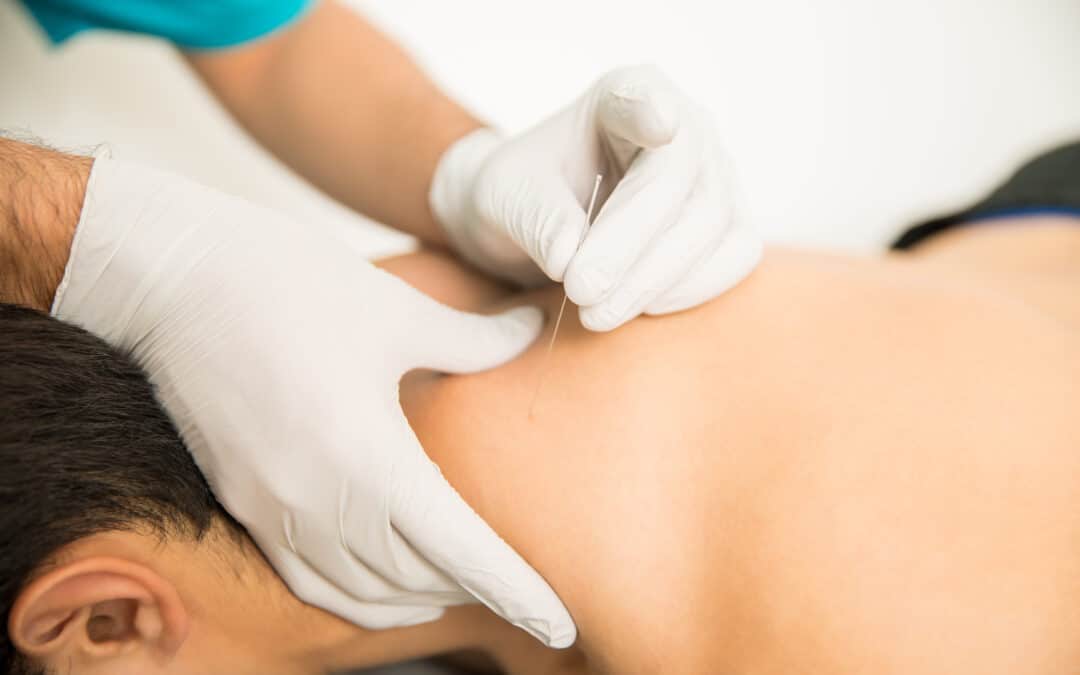In the realm of complementary and alternative medicine, acupuncture stands out as a time-honored practice that has been used for centuries to address a myriad of health concerns. While its origins lie in traditional Chinese medicine, acupuncture has transcended cultural boundaries and is now widely recognized for its potential to alleviate symptoms associated with various neurological disorders. This article delves into the ancient wisdom of acupuncture and its promising role in the management of neurological conditions.
Understanding Acupuncture
Acupuncture is rooted in the principles of traditional Chinese medicine, which posits that the body’s vital energy flows along pathways called meridians. Acupuncture seeks to restore balance by inserting thin needles into specific points along these meridians, stimulating the body’s natural healing processes.
Acupuncture is thought to stimulate the release of neurotransmitters such as endorphins, which are the body’s natural painkillers. It may also influence serotonin and norepinephrine levels, contributing to improved mood and reduced perception of pain.
Functional magnetic resonance imaging (fMRI) studies have shown that acupuncture can modulate activity in various brain regions, including those involved in pain processing, mood regulation, and the autonomic nervous system.
Neurological Disorders and Acupuncture
Neurological disorders encompass a broad spectrum of conditions affecting the nervous system, ranging from chronic pain syndromes to more complex disorders like Parkinson’s disease and multiple sclerosis. Acupuncture has shown promise in addressing symptoms associated with these disorders, offering a complementary approach to conventional treatments.
1. Pain Management
Chronic pain is a common symptom of many neurological disorders, and acupuncture has been widely studied for its efficacy in pain management. The insertion of needles triggers the release of endorphins, the body’s natural painkillers, providing relief for conditions such as migraines, neuropathy, and fibromyalgia. Additionally, acupuncture may help modulate pain signals in the central nervous system.
2. Neurological Rehabilitation
Acupuncture is increasingly integrated into neurological rehabilitation programs to enhance motor function and improve quality of life for individuals recovering from strokes, traumatic brain injuries, or spinal cord injuries. Studies suggest that acupuncture may promote neural plasticity, aiding in the rewiring of neural connections damaged by injury.
3. Parkinson’s Disease
Parkinson’s disease, characterized by motor symptoms like tremors and stiffness, presents a complex challenge for conventional medicine. Acupuncture has been explored as a complementary therapy to alleviate symptoms and improve the quality of life for individuals with Parkinson’s. Research indicates that acupuncture may enhance dopamine levels and regulate neural activity in key brain regions affected by the disease.
4. Multiple Sclerosis
Multiple sclerosis (MS) involves the immune system attacking the protective covering of nerve fibers. While there is no cure for MS, acupuncture has been investigated for its potential in managing symptoms such as fatigue, pain, and spasticity. Some studies suggest that acupuncture may modulate the immune response and reduce inflammation, providing relief for MS patients.
5. Headaches and Migraines
Acupuncture has demonstrated effectiveness in reducing the frequency and intensity of headaches and migraines. By targeting specific acupuncture points associated with pain relief and relaxation, this ancient practice offers a non-pharmacological alternative for those seeking relief from recurrent headaches.
Conclusion
Acupuncture’s role in the realm of neurological disorders is a fascinating intersection of ancient wisdom and modern science. As research continues to unveil its potential benefits, acupuncture emerges as a valuable complementary therapy for individuals navigating the challenges of neurological conditions. From pain management to neurological rehabilitation, the nuanced approach of acupuncture offers a holistic perspective on healing, inviting individuals to explore a time-tested modality that may contribute to improved neurological well-being. As always, individuals considering acupuncture for neurological disorders should consult with healthcare professionals to ensure a comprehensive and integrated approach to their care.
A licensed acupuncturist at As Designed Wellness can help if you’re interested in acupuncture for neurological issues. The clinic is well located in Dana Point, close to Mission Viejo and Laguna Beach. It is preferable to schedule an appointment in advance using this form or by calling (949) 412-6815.

